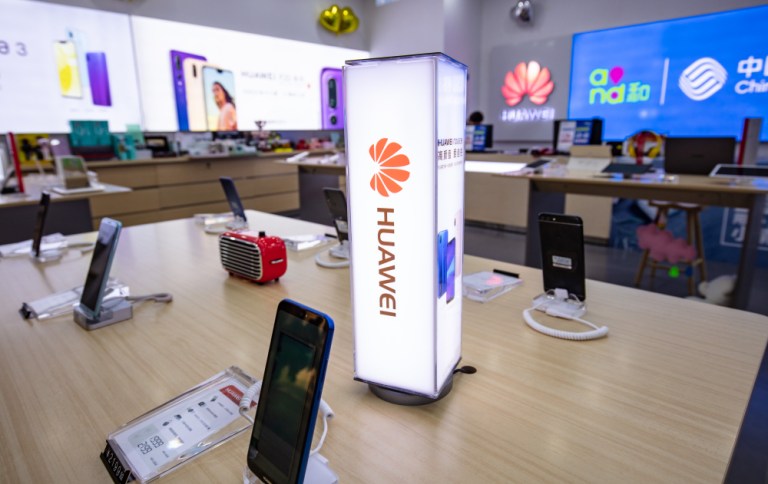European Union Wary Of Chinese Tech

The European Union wants tougher examination of potential risks associated with Chinese tech companies, amid growing fears of cybercrimes linked to Beijing and the Chinese government.
A diplomat who spoke to Financial Times said that with the upcoming adoption of 5G mobile technology, it’s a good time to question China’s motives for offering tech to other countries.
“A number of like-minded countries are increasingly concerned about China’s behavior in this [cyber]sphere,” the western diplomat said. “EU countries, including Spain, Italy and Finland, held 5G auctions in 2018, with a clutch of others scheduled for 2019. The sales can raise billions of euros for government. We are urging everyone to avoid making any hasty moves they might regret later.”
Brussels wants more effort in the bloc for mapping Chinese infrastructure, following growing pressure from the U.S. and concerns in capitals around the world, like Berlin and Tokyo.
Last month, the U.S. charged two Chinese nationals with perpetrating a global hacking campaign, right after accusations that someone connected to the People’s Liberation Army compromised the EU’s diplomatic communications system, which Beijing denies.
Also complicating matters is the arrest of Meng Wanzhou, the daughter of the company’s founder and also its CFO, over alleged sanction violations with Iran. Huawei denied any wrongdoing in the arrest.
However, the EU’s ambitions for more oversight are harmed by governments’ desires to manage potentially lucrative auctions of China’s 5G technology. Huawei is a leading contender to supply the equipment for the new networks.
“It’s quite a serious strategic problem for the EU and we haven’t properly mapped the exposure,” another EU diplomat told Financial Times. “The problem is every country is interested in the 5G auction because it’s a massive payday. Once these auctions have happened, you need to avoid a situation where you end up with the entire continent being with one [equipment] provider.”
The main fear is that the tech could become deeply embedded in societies infrastructure and also be potentially open to surveillance from the Chinese government. Many are worried that the Chinese government has the authority to force Chinese companies to build “back doors” into the hardware, allowing for illegal surveillance or theft of information.
Huawei Founder Ren Zhengfei said he was “surprised and disappointed” by the EU’s stance.